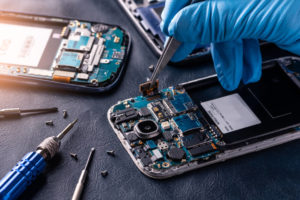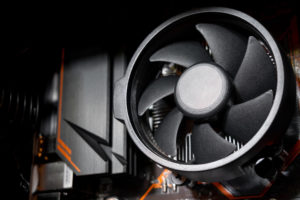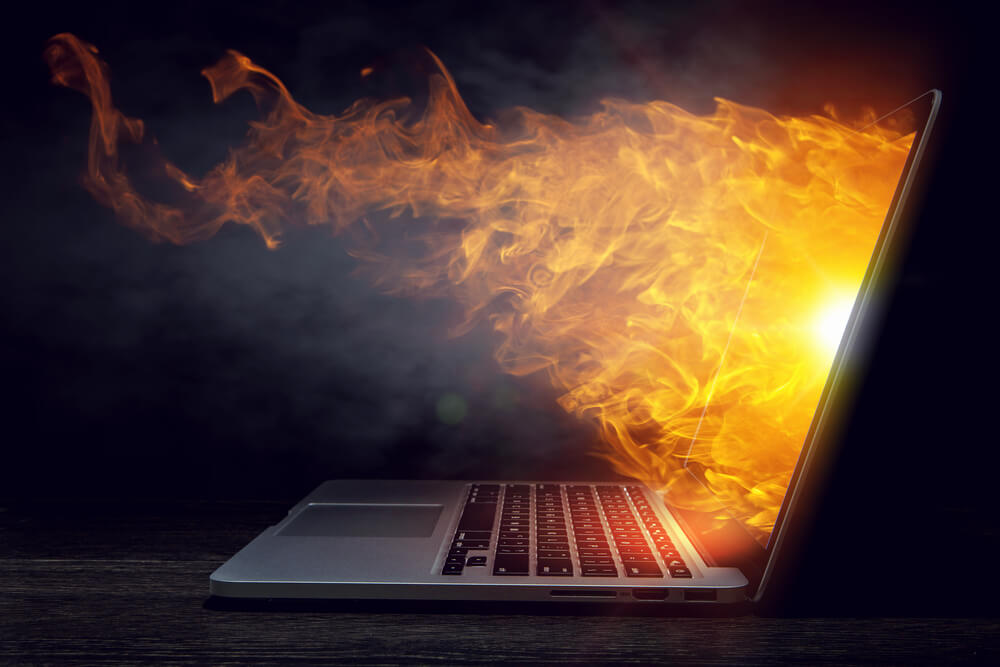Overheating is one of the most common problems that laptop and desktop computer owners have to deal with. Overheating your computer could indicate other issues. You may need to take one or more of the following actions to correct the problem.
PC Laptops offers a wide range of new laptops and PCs. We also offer computer repair services for many other brands. In the past, we have helped clients with various overheating issues. We help them understand why their computer is heating up and what they can do to fix it. This guide will cover everything you need about computer heat.
What is causing my computer to overheat?
In almost all cases, the overheating of a computer is due to one of many issues. Overheating is not the cause of the problem, but a sign that there are problems with the computer.
Computer overheating can be caused by a few minor problems, such as:
Poor ventilation: Your computer’s electrical supply is not coming from the wall. Instead, it receives alternating current (AC), which must be converted to direct current (DC). This conversion occurs in the power supply unit located inside your computer. This is because some models might not be able to handle the extra load of the fan and the increased power draw. There may be multiple USB ports, which could draw current from the computer. This is especially true if you are charging your tablet or phone through one of these ports. It’s enough to say that a computer draws only so much power from the walls. If it pulls more, it will heat up.
If the fan is not maintained properly, it could be the cause of excessive heat. Vacuuming your computer at least once a year is a good idea. Clean out the fan and any dust. This can cause insufficient airflow, which can then lead to temperature problems.
Computer overheating due to viruses and malware: Although this isn’t the most common reason, it can still happen. Malware or viruses could slow down your machine’s performance which will in turn cause extra heat.
Excessive use: This is the most common cause of overheating. You’ll need to be extra careful if you play games, render video or audio, run multiple programs simultaneously, or perform other intense tasks on your computer.
Sunlight exposure
Some general tips for dealing with an overheated computer
If you want to lower the temperature of your computer’s CPU, you have a few basic tools at your disposal:
Clean the fan. Fans are an integral part of desktop computers’ cooling systems. They draw in air from the outside and push it through your internal components. Fans can collect dust and push it around over time. They will need to be cleaned using an electronic vacuum or compressed gas.
A cooling stand for laptops: This will protect the motherboard as well as other components. You’ll notice that your computer heats up and the fan will go into overdrive. This will cause your laptop to expel more heat. If you don’t use your computer in its original position (i.e. on your lap), you might consider buying a cooling stand.
Avoid direct sunlight and hot weather with your computer. This can trap heat and create unusual internal temperatures.
Removal of malware and viruses
Upgrade hardware: If your computer is slowing down or has a problem with its performance, you might consider upgrading your hardware to improve the machine’s ability to handle heavy loads.
Air leaks and spills can cause temperature problems. Although they are not common, they can be very dangerous. This could lead to major problems in the cooling vents of your computer case. Take some time to check them and make sure nothing is blocking airflow. You can fix this problem with a simple rubber gasket or tape.
Professional repairs: If your computer overheats frequently, professional repair is recommended to resolve the issue. It could be replacing hardware or upgrading components (such heat sinks) to ensure your computer runs smoothly while you are doing intense work.



